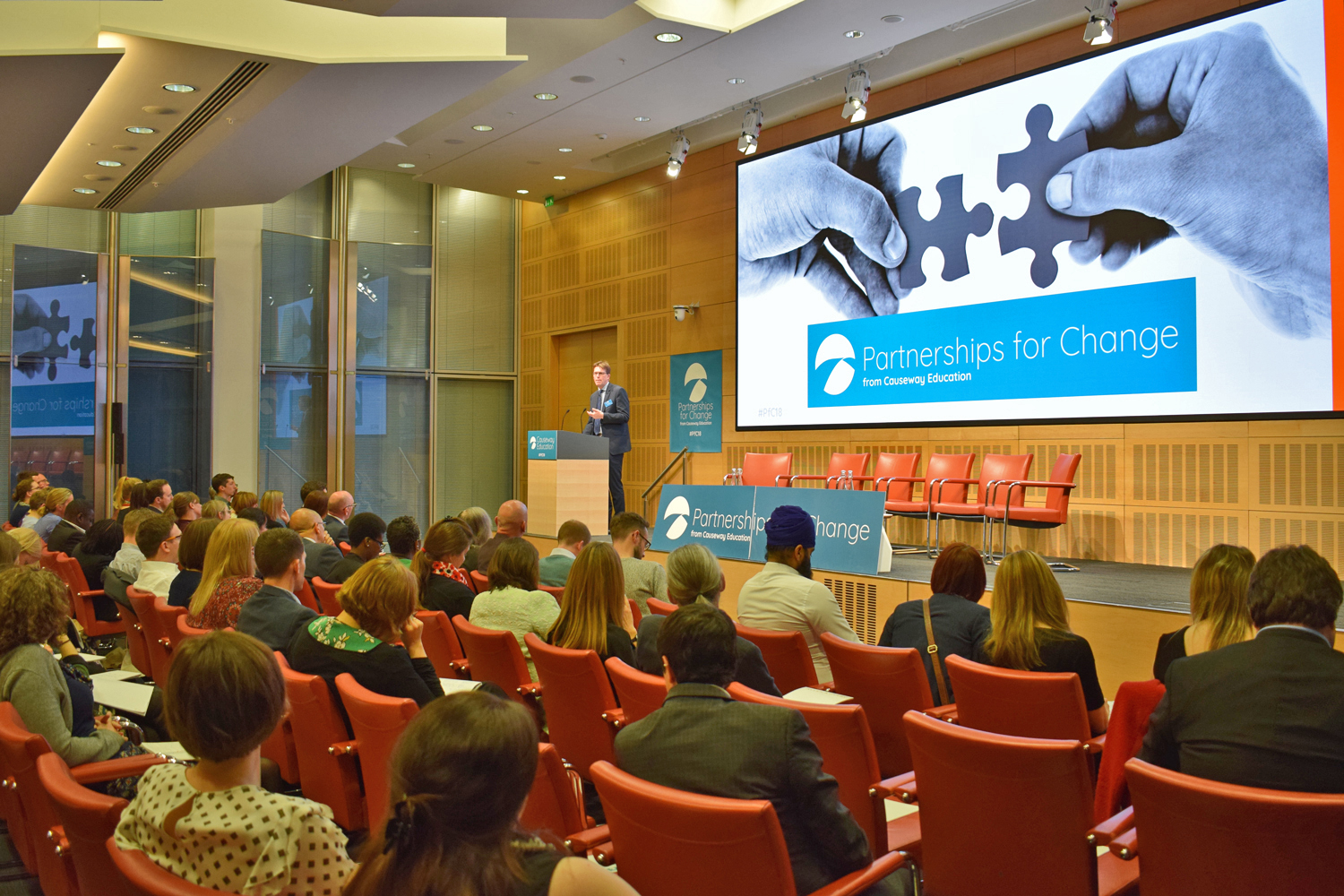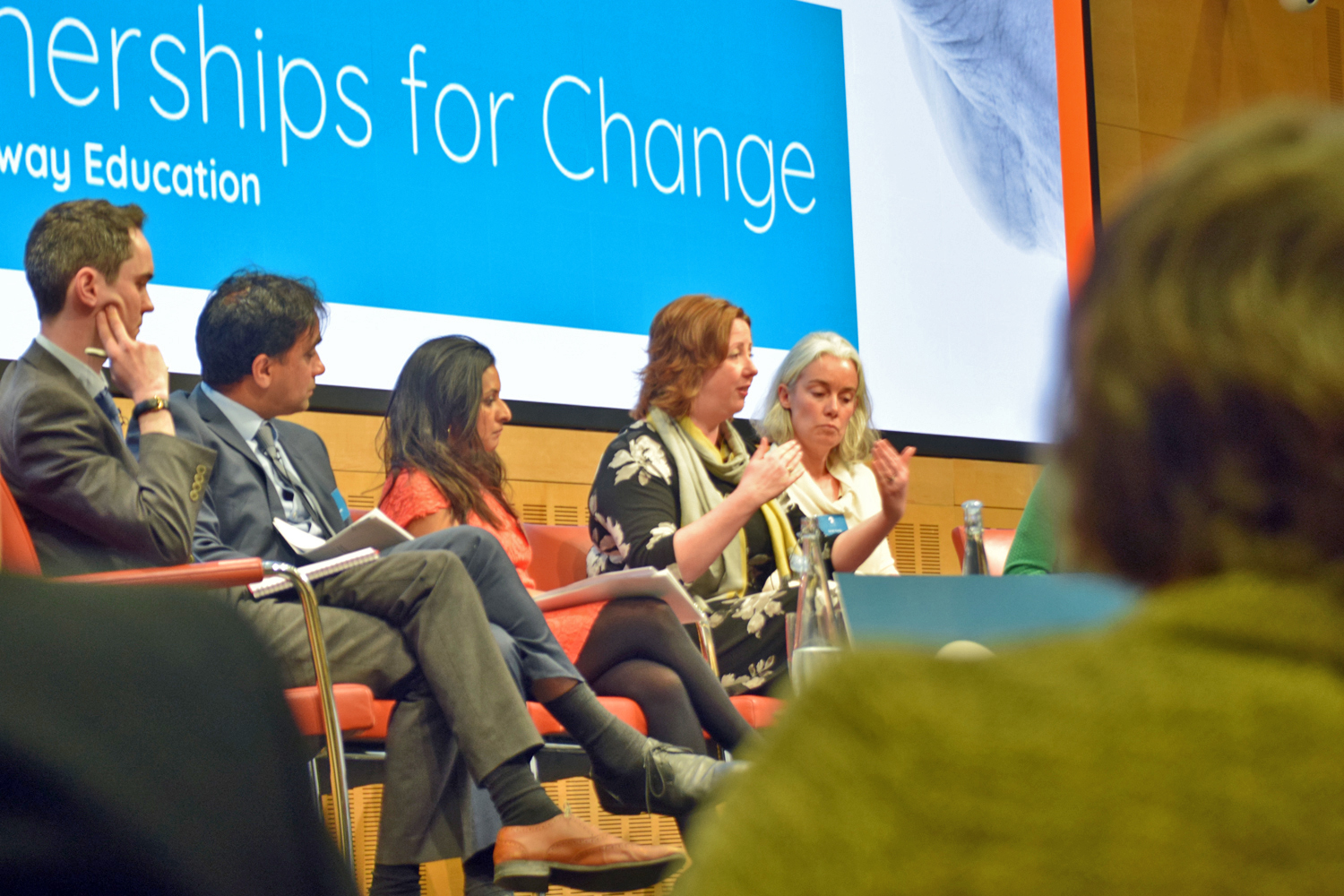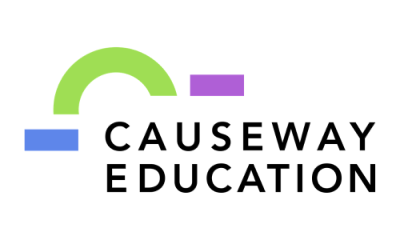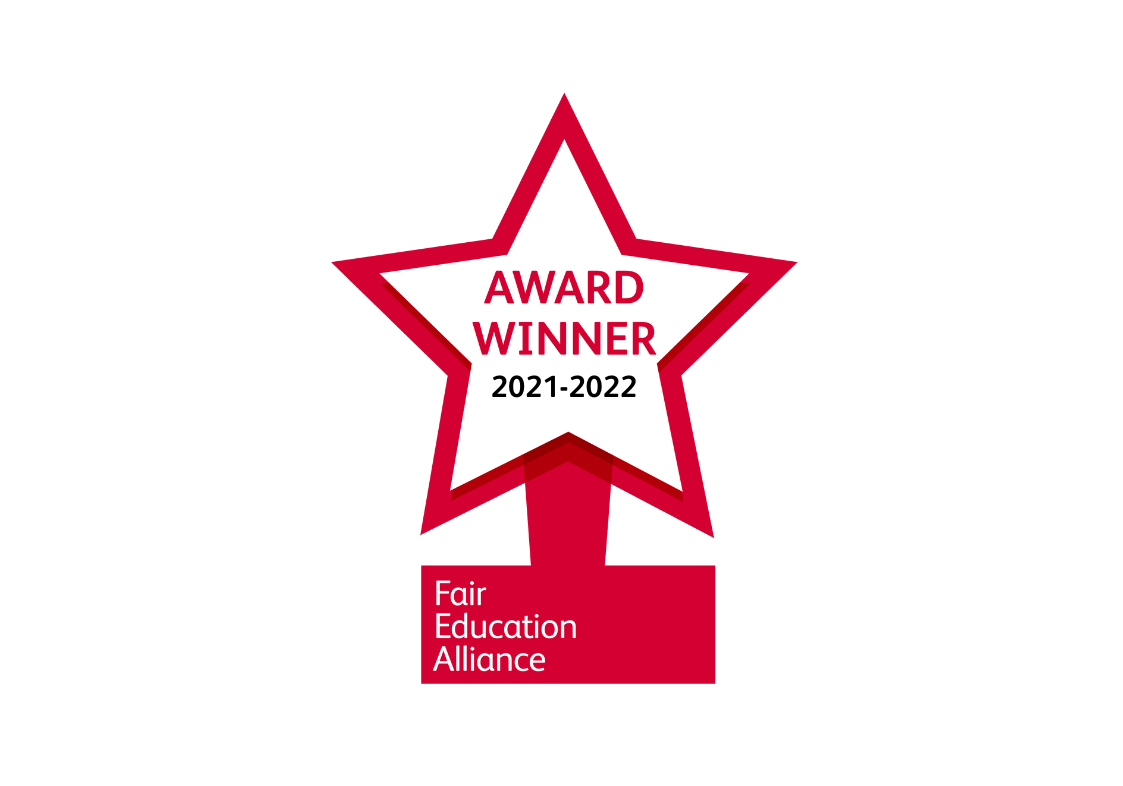Our response to the Government's review of post-18 education
/We recently contributed to the Government's major review of funding for post-18 education in England, which aims to ensure a joined-up system that works for everyone. Our submission focused on three key themes:
1. Making sure that Higher Education is “accessible for all”.
We welcome the prominence the review gives to disadvantaged students.
If the new funding system is indeed to be “accessible for all” then care should be taken to ensure that any changes in the funding regime do not deter students from under-represented groups from participating in Higher Education.
While the overall Higher Education Participation Rate increased to 49% in 2015-16 there remain troubling gaps in the ability of disadvantaged and part-time students to access Higher Education. Whatever the details of the new funding system, access for disadvantaged students needs to remain the top priority.
2. Putting schools and colleges at the heart of post-18 progression
The drivers of fair access – good attainment and effective guidance – are to be found in the classroom, but schools and colleges are largely overlooked in debates about post-18 progression.
To ensure that students can make informed post-18 choices, we need to shift the centre of gravity towards schools and colleges.
Schools and colleges face significant pressures on their existing resources. In order to enable schools and colleges to improve their post-18 destinations, we advocate setting up a Student Outcomes Fund with ringfenced funds made available to improve systems in schools and colleges.
3. Strengthening Information, Advice and Guidance in the classroom
Most adults struggle to choose between five energy suppliers, but we expect students to be able to make rational choices between 37,000 UCAS courses.
If we want applicants to make appropriate choices about what and where to study then we need to offer better support. Providing more information is not the solution. Information overload has now reached a stage that experts have argued that students are being encouraged to make irrational decisions based on crude heuristics.
Research shows that students respond more effectively to “hot information” provided by trusted sources, such as teachers, as opposed to “cold information” provided in literature and on websites. Part of a Student Outcomes Fund should therefore be directed towards supporting teachers and other key influencers to make provide effective and personalised guidance for students.
The independent panel, chaired by Philip Augar and supported by experts from across the sector, are currently reviewing evidence. We look forward to seeing how the review progresses.























